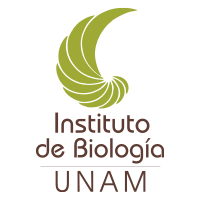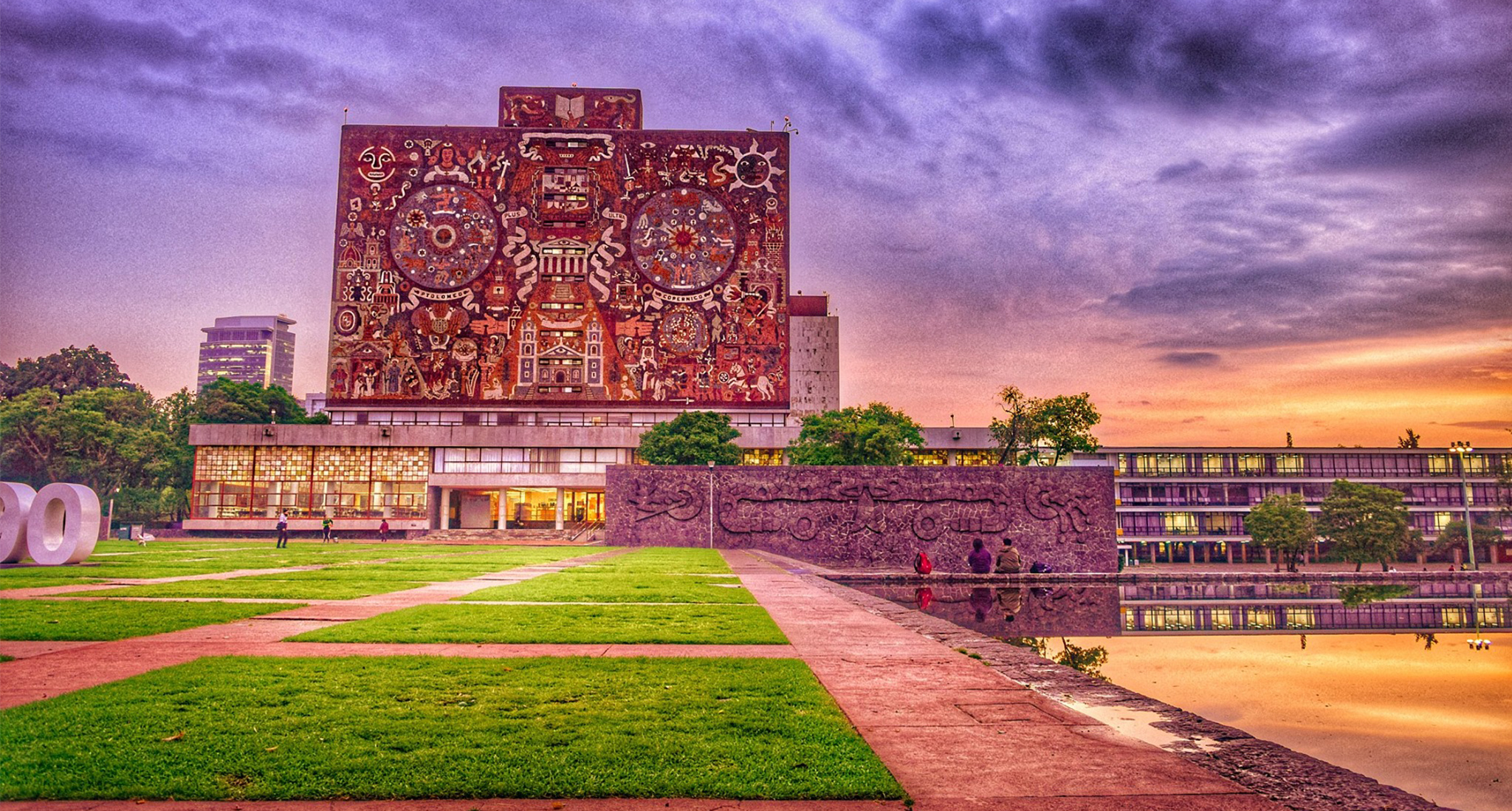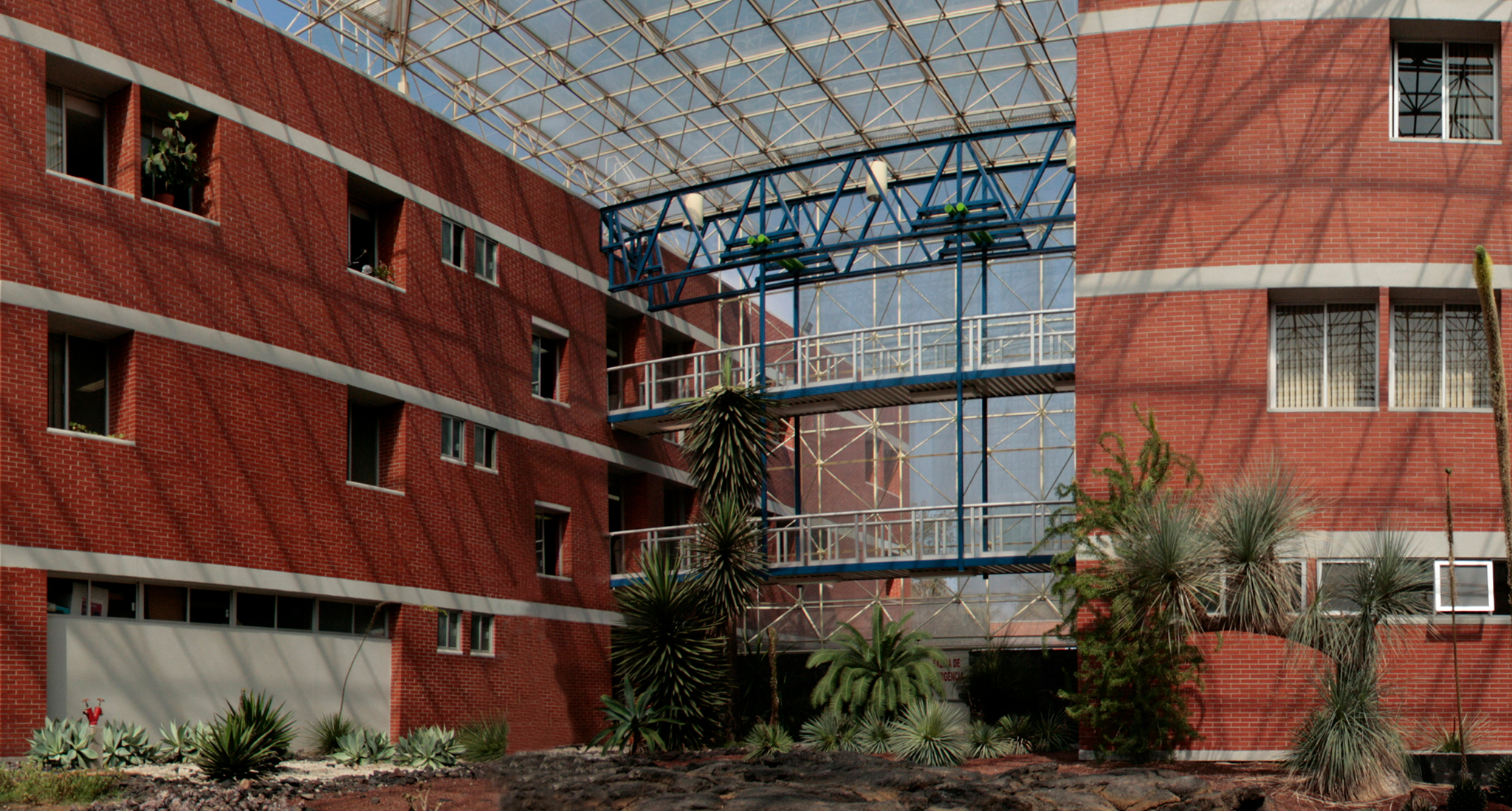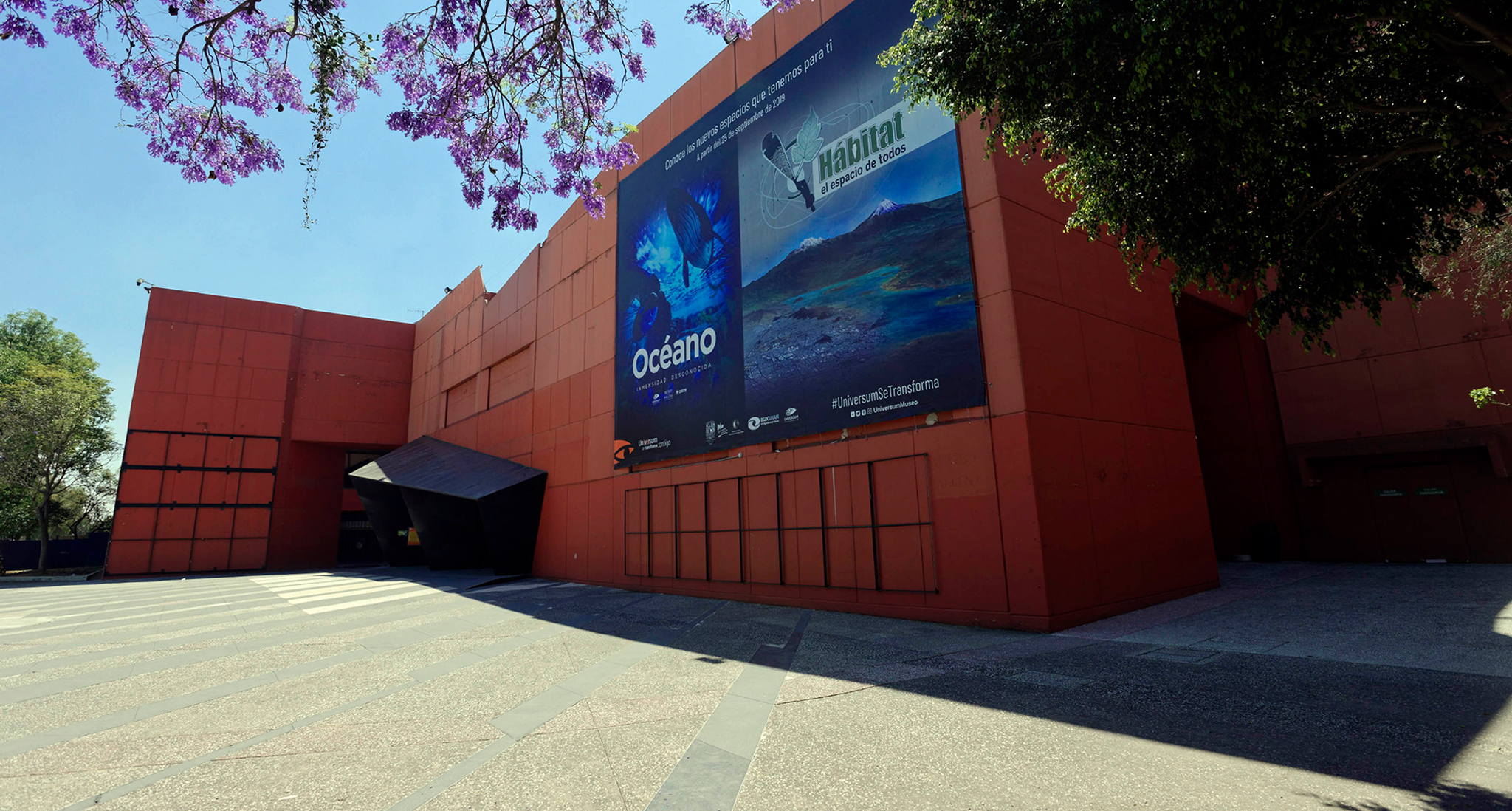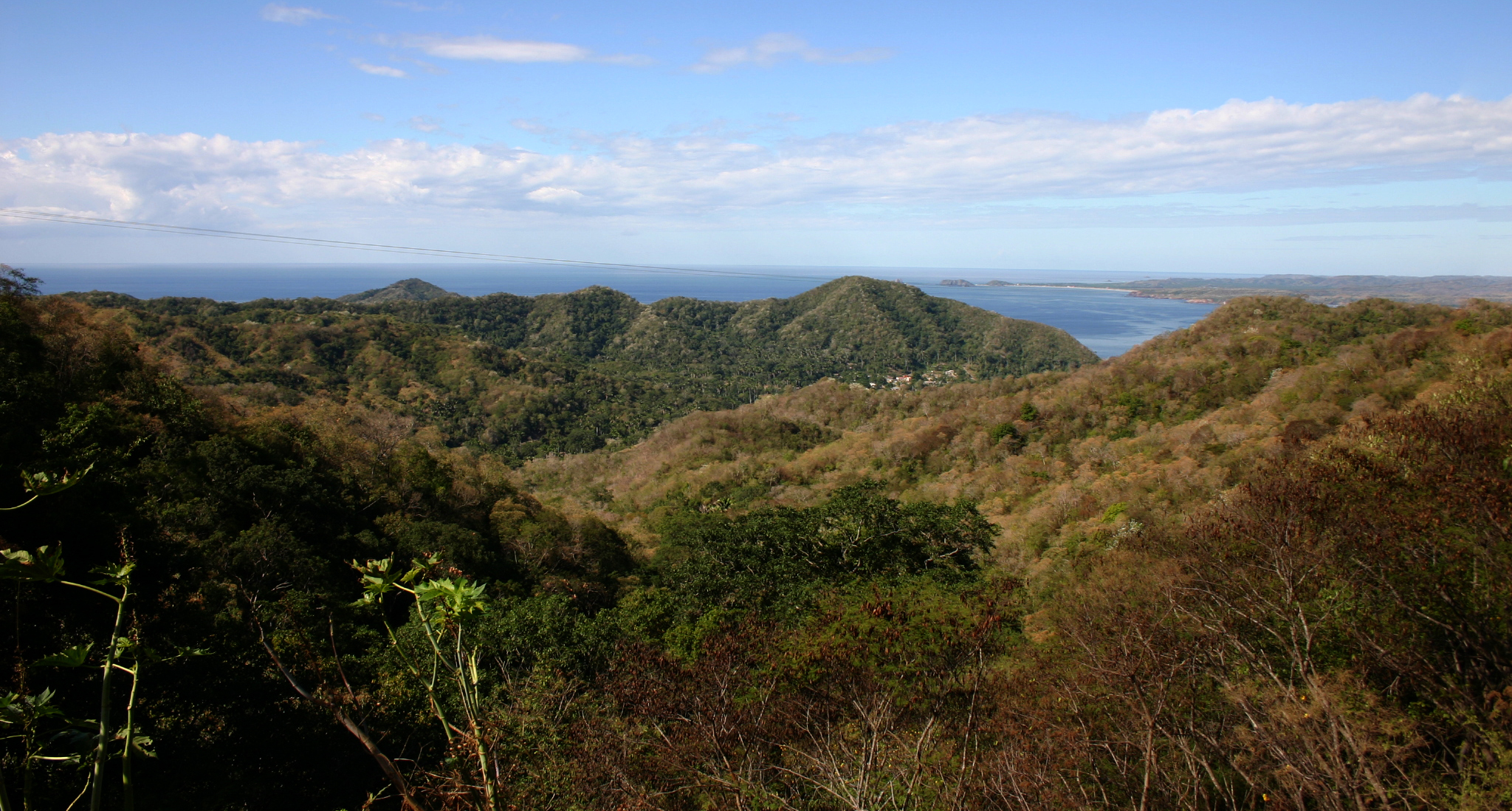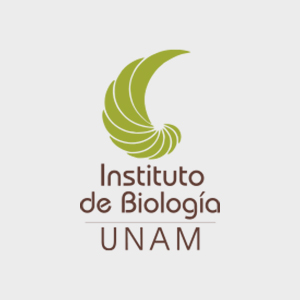Forums
The Organizing Committee of the 2023 SSB Standalone Meeting is pleased to invite proposals for forums at the SSB 2023 in Mexico City, Mexico, which will take place from January 12–15, 2023. Through the development of forums and workshops we encourage the participation and inclusion of a diverse group of speakers from multiple career stages, and that properly represent the diversity of gender and ethnic identities of the worldwide scientific community.
Restricted to 2-hour sessions to be held as part of the main event of the meeting (January 14–15), in which one or two speakers open up the discussion on relevant topics in the field of systematics. The committee is particularly interested in forums whose topics introduce or synthesize important concepts across a broad spectrum of biological diversity.
Forum 1. The burst of divergence-time estimation methods: a conversation on the how and why.
Because many fundamental questions in biology occur at a scale of millions of years, assigningan absolute timeframe to evolutionary events relies on our ability to make inferences based onoften scarce information. Moreover, divergence-time estimation is the first step in addressingother evolutionary questions (e.g. evolution of a focal trait, inference of diversification rates, etc).In recent years, there has been a surge of exciting work on phylogenetic methods fordivergence-time estimation. Significant advances have been made in how we include fossils inour models (node dating vs. tip dating), how we model the process producing the tree (e.g., thefossilized birth-death tree prior), how we model morphological evolution, and how we deal withgroups with a limited or non-existant fossil record (e.g., biogeographically informed models).However, with the increasing complexity of these approaches, there is a growing need forpractitioners to understand the limitations and best practices when estimating divergence times.The objective of this forum is to review some of the recent advances in divergence-timeestimation methods and discuss to what extent and in what scenarios we are able to reliablyinfer the temporal scale of evolutionary events.
Saturday Jan 14th, 11am-1pm
Carl Rothfels
Biology Department, Utah State University
Topic: Tip-dating under the fossilized birth-death process: A workflow for more reliable divergence-time estimates
Michael Landis
Department of Biology, Washington University in St. Louis
Topic: Using biogeographically informed models for time divergence estimation
April Wright
Southeastern Louisiana University
Topic: The tripartite approach of Bayesian Time Divergence Estimation & morphological clocks
Format
Structure of the event:
8 min – Welcome, Panel introduction and forum overview (Moderator)
48 min – Each panelist gives a 12 min talk on their topic. No time for questions. While thepanelists present, the public has an opportunity to submit and vote for questions on a digitalplatform.
60 min – Open discussion. Panelists answer a couple of predefined questions followed by openquestions from the public.
Forum 2. Latin American societies and their contribution to the communication of Evolution and Phylogenetic Systematics.
The development of Evolutionary Biology in Latin America has been strongly driven by Biodiversity Research, Taxonomy, and Systematics, which in turn have been driven by the interest in specific groups of organisms. After decades of great discoveries of biodiversity and its evolution, we wonder to what extent is Phylogenetic Systematics contributing to the Evolutionary Biology Latin American community? What type of evolutionary questions drive Latin American research? What are the challenges inside Evolutionary and Systematic research shared by Latin American community? To start answering these questions, we need the feedback of the community.
Recently, Latin American evolutionary biologists have detected the importance of sharing and communicating the research performed in their home countries. One example that highlights the importance of communication platforms is tackling the challenge of debating and sharing knowledge about novel tools and methods for Phylogenetic Systematics.
The aim of this forum is to provide insights on the state of Evolutionary Biology and Phylogenetics in Latin America, highlighting the recent efforts to strengthen this community. We expect to have a discussion on the challenges and opportunities our scientific community is facing today. Within the framework of equity, we hope to integrate as part of the discussion, the challenges of Latin women in science, and in our field in particular. We envision an opportunity for communication and collaboration among Latin American researchers to further Evolutionary Biology, especially Phylogenetics. We strongly believe that discussing these topics in a meeting as relevant as the SBB standalone will motivate and push forward the research in Phylogenetics and Evolutionary Biology in our countries.
Sunday Jan 15th 5pm-7pm
Ixchel González Ramírez
University of California, Berkeley, Club Eco-Evo Latinoamérica. Presentation title: El club Eco-Evo Latinoamerica; what we have learned in two years of community building work.
Red Mexicana de Biología Evolutiva
Presentation title: “A zoom in to evolutionary biology and phylogenetics in Mexico and the importance of collaborative work”
Rosana Zenil-Ferguson
University of Kentucky, USA.
Susana Magallón & Santiago Ramírez
Instituto de Biología, Universidad Nacional Autónoma de México
Format
Structure of the event:
8 min – Welcome, Panel introduction and forum overview (Moderator)
48 min – Each panelist gives a 12 min talk on their topic. No time for questions. While thepanelists present, the public has an opportunity to submit and vote for questions on a digitalplatform.
60 min – Open discussion. Panelists answer a couple of predefined questions followed by open questions from the public.
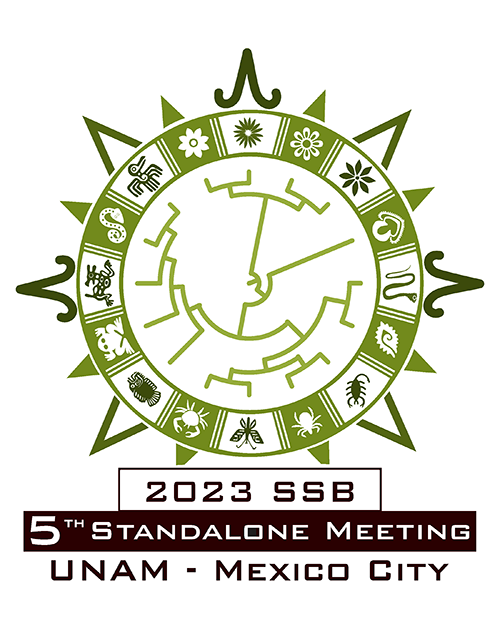
|
